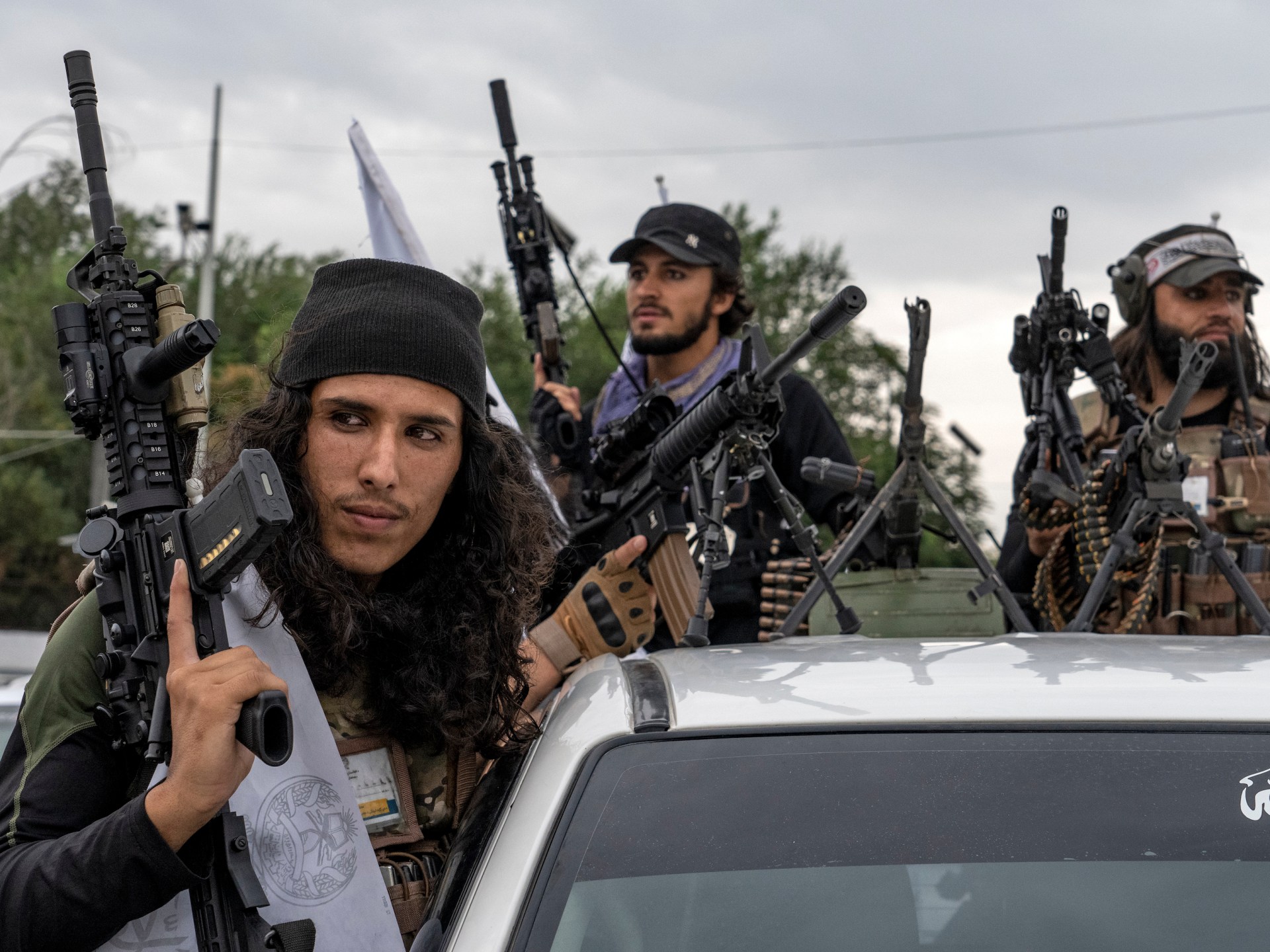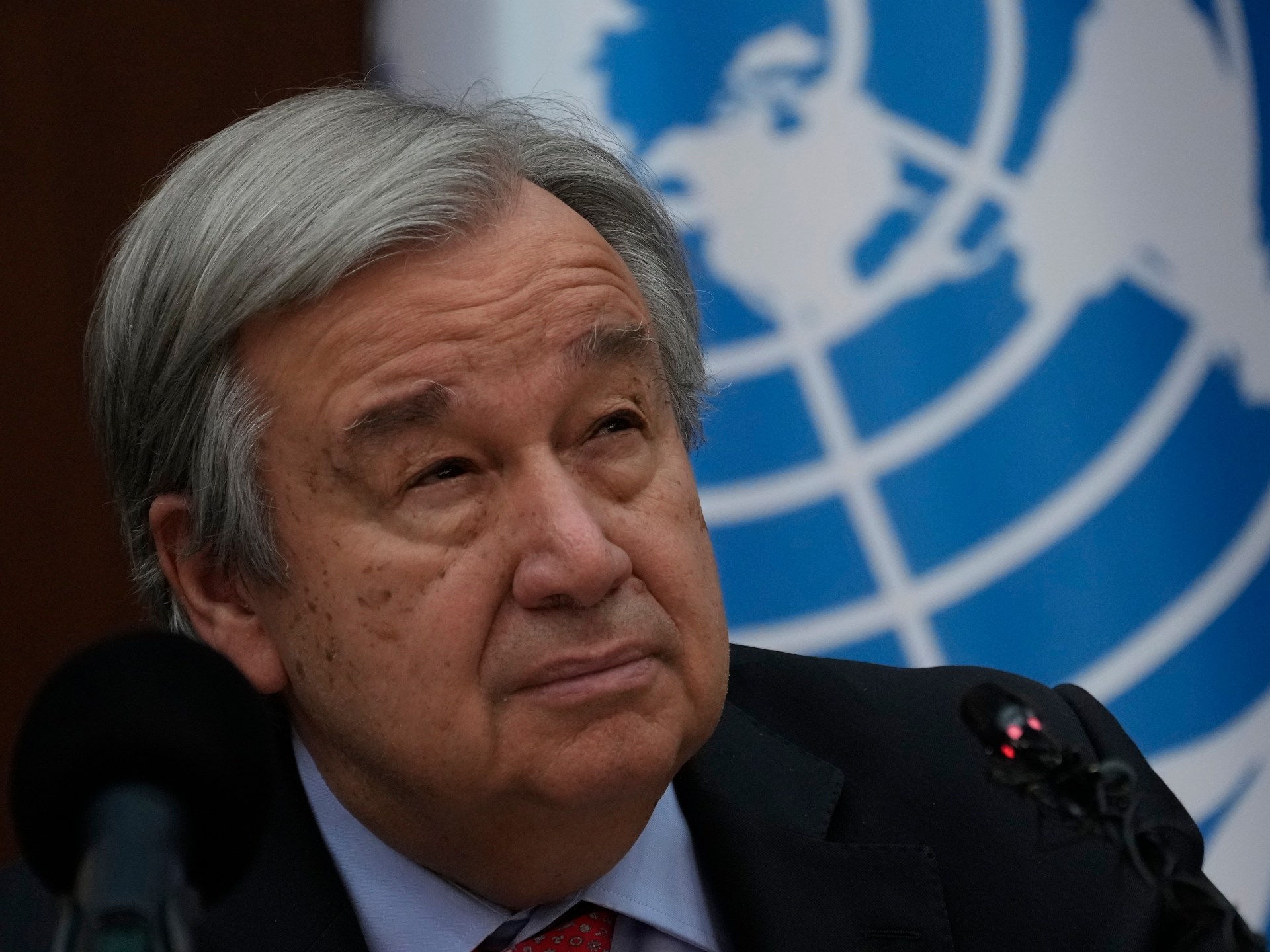How has a year of Taliban rule changed Afghanistan?
On Wednesday, August 17 at 19:30 GMT:
It’s now a year since the Taliban took control of Afghanistan’s capital Kabul, hastening the exit of all US troops from the country.
Taliban leaders say that in the months since they swept to power, people across Afghanistan are living in order and security, while urging that the “the world should not expect us to achieve all our goals overnight”.
But many Afghans say their lives have deteriorated in the last few months. Women and girls have faced increasingly repressive Taliban-imposed restrictions on their movement, dress, employment and access to education – with the Taliban swiftly shutting down protests for women’s rights. Hazaras and other ethnic religious minority groups have borne the brunt of deadly attacks by groups such as Islamic State Khorasan Province (ISKP), a major rival to the Taliban. And journalists have faced arbitrary arrest and abuse by Taliban authorities while trying to do their job.
The country is also mired in an economic crisis. International funding to Afghanistan was turned off soon after the Taliban swept to power on August 15, 2021. In recent months, millions of people have been plunged into debt, with an estimated 70 percent of households struggling to get the bare essentials. A prolonged drought is exacerbating hunger.
Yet as Afghanistan’s economic problems mount, it remains unable to access billions of dollars of central bank reserves held abroad, mostly in the United States. A group of Afghan and international NGOs has urged that those funds be unfrozen without delay to help bring relief to Afghans enduring hardship, but major differences persist between the US and Taliban officials over the conditions under which the money would be released.
In this episode of The Stream we’ll reflect on the dramatic rise to power of the Taliban on August 15 2021, and look at how people’s daily lives have changed under its rule.
In this episode of The Stream, we are joined by:
Suhail Shaheen, @suhailshaheen1
Head of Taliban’s Political Office in Doha, and Permanent Representative of Afghanistan to the United Nations
Pashtana Durrani, @barakpashtana
Executive Director, LEARN Afghanistan
Ali Latifi, @alibomaye
Journalist, Al Jazeera




